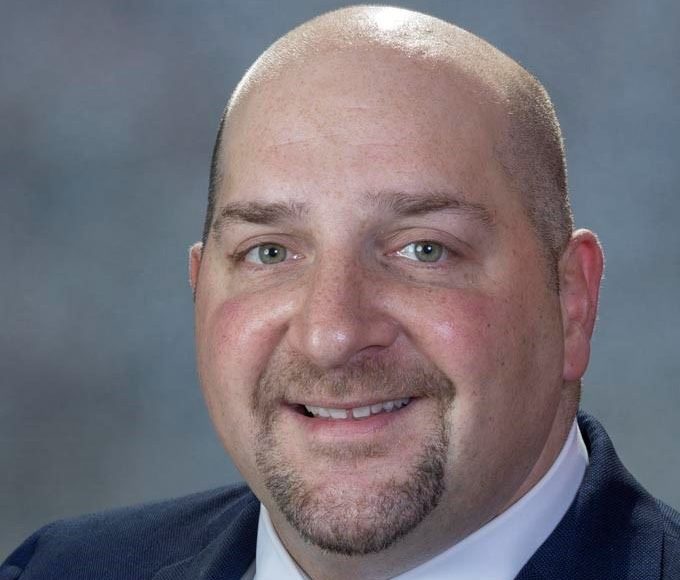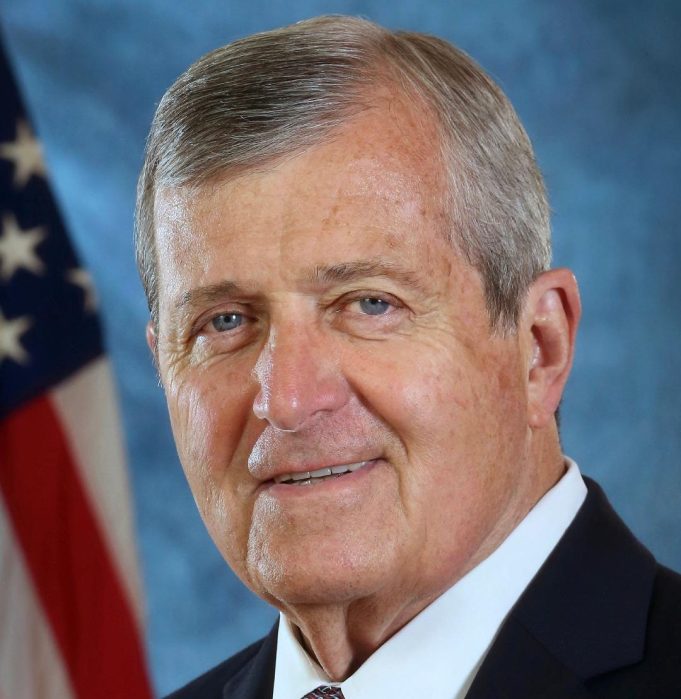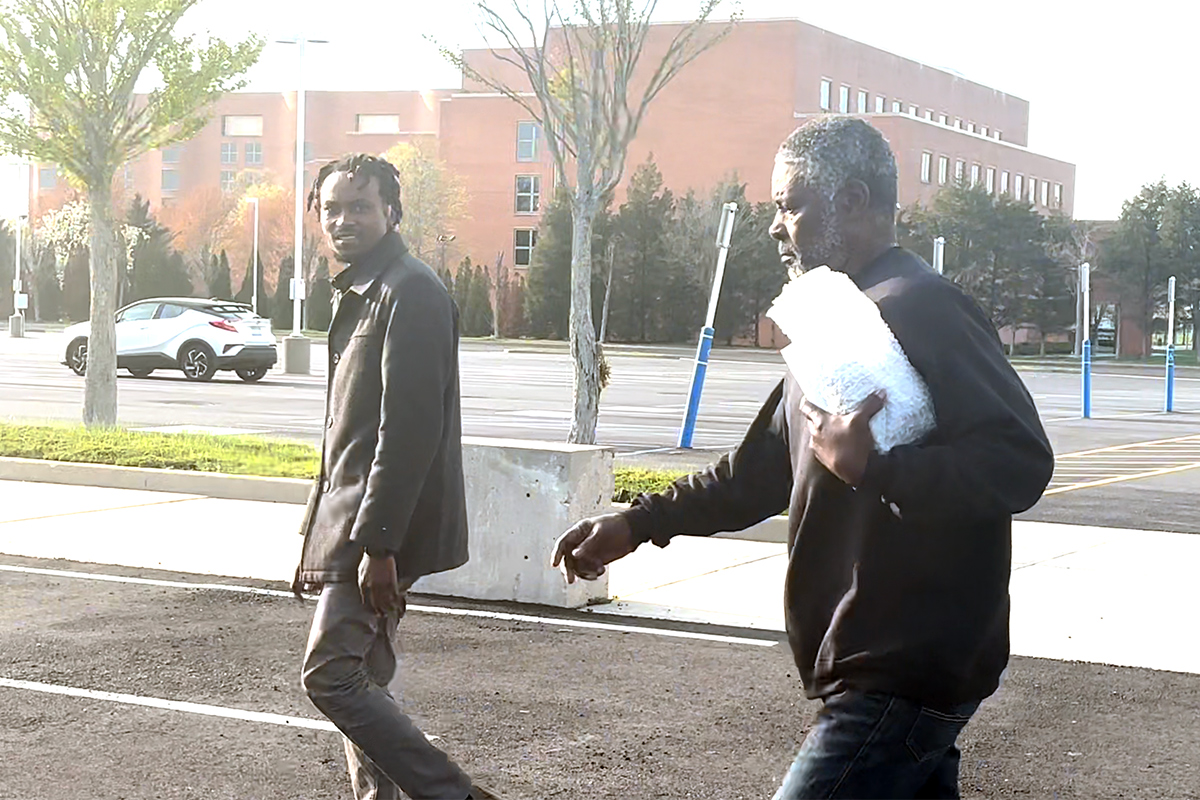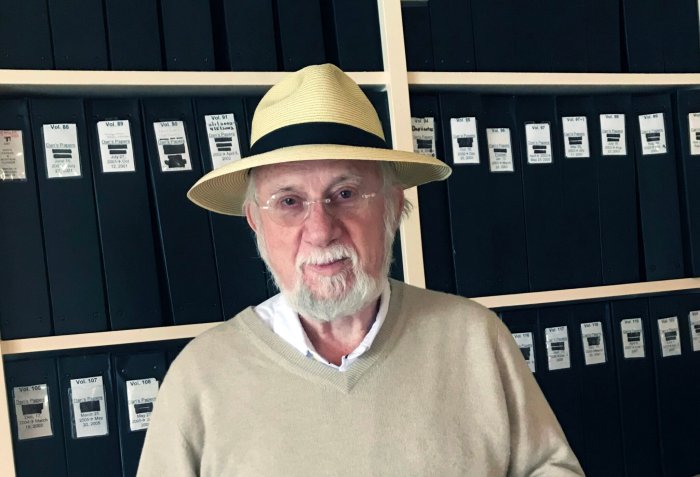 Unfortunately death keeps coming after our loved ones, not only in the form of the Corona Virus, but from a variety of illnesses or addictions and overdoses. Among the cruel part of this epidemic is the prohibition of loved ones to be present to dying people in hospitals or nursing homes. The thought of a parent or sibling living through their last days and hours without family – even given the caring nature of the nurses – gives great heartache to those who are excluded from their bedsides.
Unfortunately death keeps coming after our loved ones, not only in the form of the Corona Virus, but from a variety of illnesses or addictions and overdoses. Among the cruel part of this epidemic is the prohibition of loved ones to be present to dying people in hospitals or nursing homes. The thought of a parent or sibling living through their last days and hours without family – even given the caring nature of the nurses – gives great heartache to those who are excluded from their bedsides.
While we grieve for the dying, we also grieve for their relatives who can’t connect in the usual ways – they’re missing not only the physical and emotional presence of being with a loved one, but their own emotions are disconnecting from within. When the pronouncement of death is made, it feels unreal. And because there is a lack of the usual farewell rituals, the disconnect from the death is even more pronounced.
Though my dad died a month ago, it still hasn’t connected on some deeper level. I lost not only a man I loved and admired, but in a sense I lost all his friends and relatives who normally would have been around us, telling tales of his life or at least just being thoughtfully present to our family. I’ve heard so many stories of relatives separated by states or even greater distances who could not be present at a burial. And in some cases, even burials are “on hold.”
The social distancing that is so necessary to keep the rest of us safe keeps distancing us from the normal emotions that the death of a loved one brings. We tell ourselves that we’ll deal with these feelings when the day finally comes when we can gather again with loved ones to remember and celebrate the person who has died. And while that will be somewhat true and while we’re treating the end of life as “death suspended”, it’s important to pay attention to the inner cues that tell us that things aren’t all right and that it’s ok to grieve now.
It helps to talk with others who are going through the same experience. It’s not that they can give us perfect advice, but sometimes an insight that comes in the midst of their pain, can help us as we face our own feelings that come from loss.
There may be a hidden gift in all this. Too often families are rushed when a loved one dies and they quickly need to make decisions as to how and when to have a funeral. Today’s suspended funeral experience allows people to think about and create suitable farewells that can take place in future months. My family and I are going through my father’s things and discovering bits and pieces of his life that bring both laughter and tears, and will provide a way to share about his life when the funeral day finally is possible. We’re taking our time and treasuring him – and each other.
Still, I long for the “old days” – only several months ago – when we could celebrate our traditions when saying goodbye. And my heart goes out to all who suffer from hurt, anger, depression, doubt and anxiety because they cannot be comforted by familiar rituals which have consoled their family for generations.




























